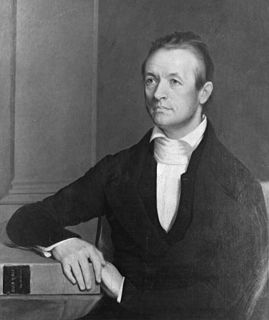A Quote by Letitia Elizabeth Landon
Related Quotes
The question of surrender is political, it is not a question of love. And relationship is not love at all; it means love has ended and relationship has begun. It begins very soon after the honeymoon - mostly in the middle of the honeymoon. It is not easy to live with another person whose life-style is different, whose likings are different, whose education and culture is different, and above all the other happens to be a woman - even their biology is different.
I am someone who proudly and humbly affirms that love is the mystery-of-mysteries, and that nothing measurable matters 'a very good God damn'; that 'an artist, a man, a failure' is no mere whenfully accreting mechanism, but a givingly eternal complexity-neither some soulless and heartless ultrapredatory infra-animal nor any understandingly knowing and believing and thinking automaton, but a naturally and miraculously whole human being-a feelingly illimitable individual; whose only happiness is to transcend himself, whose every agony is to grow.
The world is very beautiful and very wonderful. Life can be very easy when love is your way of life. You can be loving all the time. This is your choice. You may not have a reason to love, but you can love because to love makes you so happy. Love in action only produces happiness. Love will give you inner peace. It will change your perception of everything.
I've worked with farmers in Zimbabwe who've lost their lands. I've worked with people in Venezuela, under threat of kidnappings, whose external world is unstable. But they have very strong social connections with their family and friends. And as a result, they're able to maintain a greater level of happiness and optimism than I've seen from bankers, consultants, or salespeople who are on the road all the time, who follow jobs separated from their families, and, as a result, find themselves missing out on the happiness that comes from those very connections that they severed.
I had always been taught that the pursuit of happiness was my natural (even national) birthright. It is the emotional trademark of my culture to seek happiness. Not just any kind of happiness, either, but profound happiness, even soaring happiness. And what could possibly bring a person more soaring happiness than romantic love.







































